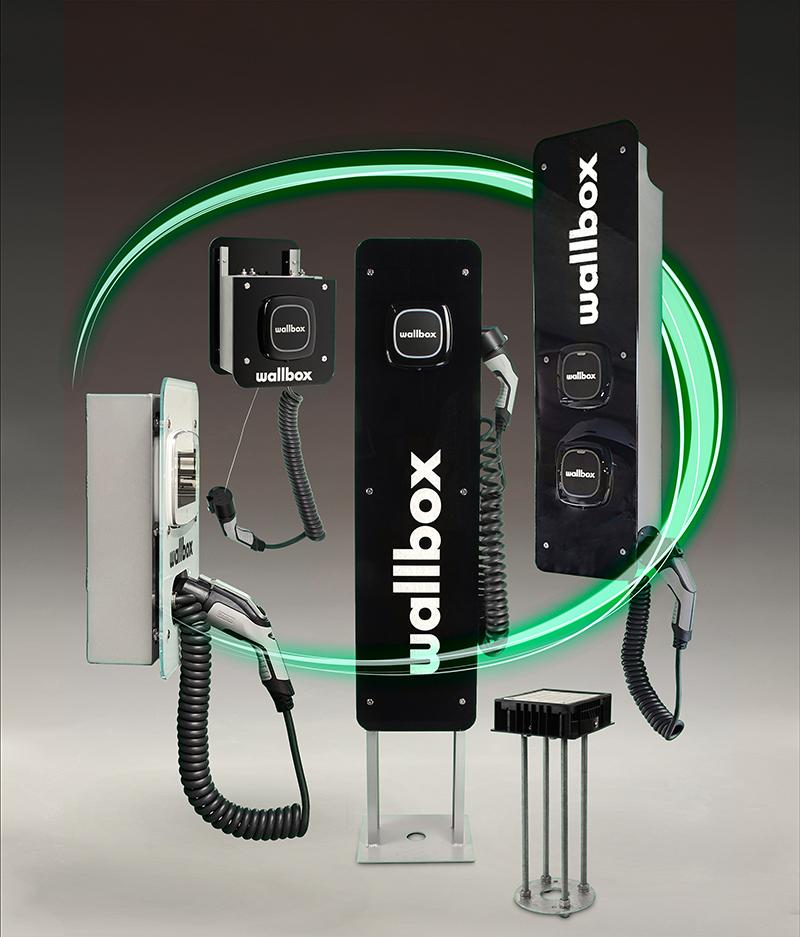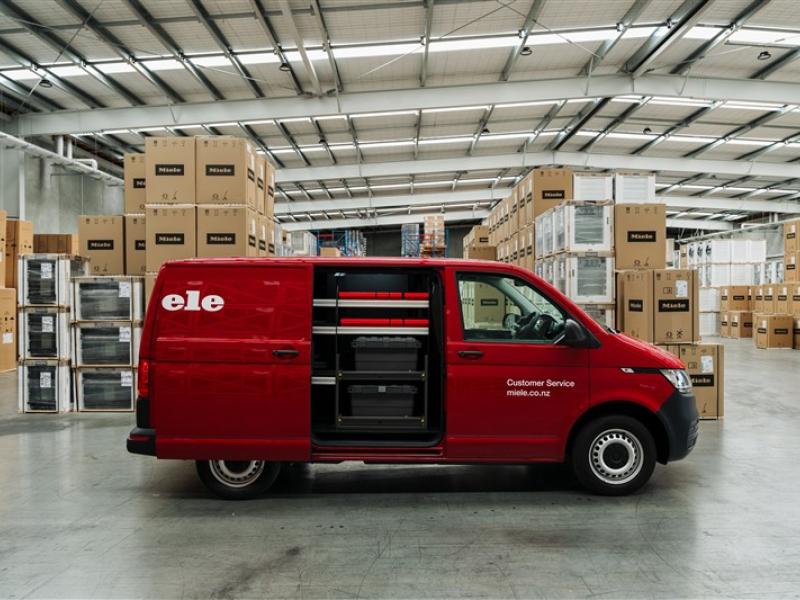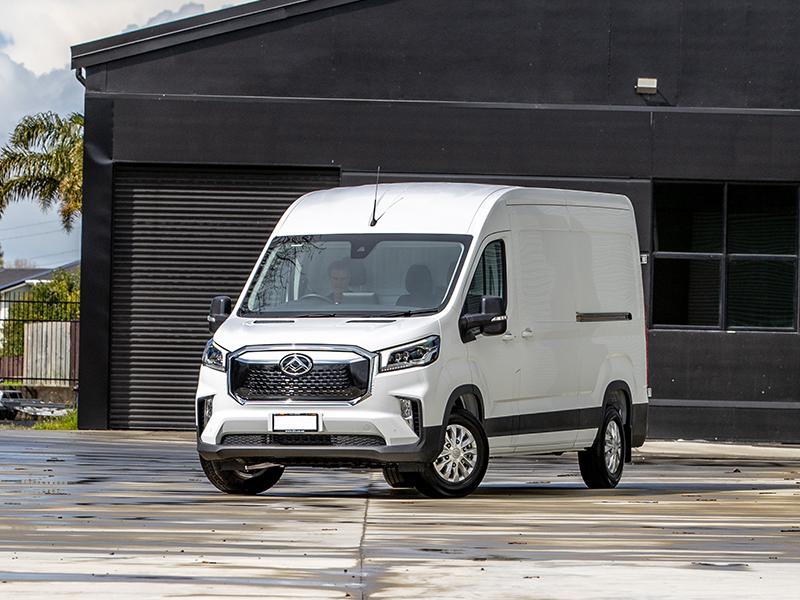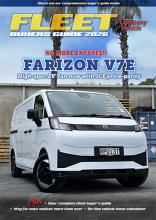If you have had a professional connection to the electrical industry in the last 20 years, chances are good that you will have encountered the name TransNet.
TransNet is something of an industry by-word given the 100 percent privately-owned New Zealand company supplies an extensive product range to the electrical distribution, transmission, rail, OEM and wholesale electrical industry in New Zealand and around the south Pacific.
The company is one of the largest suppliers in Australasia in fact, with three stocking and distribution facilities and five office locations throughout the region and – because electricity never sleeps – a 24-hour contact service ensures rapid local support and fast delivery of quality products which its customers have come to rely on.
TransNet takes its responsibilities to its customers and corporate responsibilities seriously, first achieving the rigorous ISO 14001 Environmental Management Systems accreditation, and following that with ISO 14064-1 Quantification and Reporting of Greenhouse Gas Emissions and Removals accreditation.
And in a bid to make meaningful reductions in its own emissions, TransNet has a fully functioning solar micro grid which generates enough energy to power their head office and distribution centre in East Tamaki as well as powering all seven electric fork hoists and five electric fleet vehicles.
On a local level, TransNet has recently become a household name in the automotive sector, particularly given the focus on electric vehicles.
In this regard, TransNet operates in both a supplier and consultative capacity to the automotive industry in general and to organisations which might be considering electrification of their company vehicle fleet.
Glenn Inkster has become something of a spokesperson for TransNet and an advocate for the electric car.
“I will have had an EV as a company car for three years when we get to May this year. Currently I am on 136,000km, and I have learnt plenty along the way.
“I would never go back to a petrol company car (and I am a ‘car guy’), but there will be some challenges with the uptake of EV and a few misunderstandings with how the charging happens.”
Glenn has a few ideas, based on the expertise gained from working at TransNet and his own personal interests, as to clarifying those misunderstandings to increase the uptake of the EV, but these ideas are more along the nature of suggestions and recommendations at government levels.
For advice closer to home, to coin a phrase, Glenn shared some words of wisdom as we enter the very interesting time of companies transitioning to electric vehicles.
One of the most significant concerns for many companies is the facility for employees to charge their work EVs at home.
“EVs should be charged at times when they are parked for extended periods. For part of the time, this will be at work, but for the longest time, that will likely be at home and there are systems which can ensure the cost of the household energy used can be reimbursed.
“Worksafe NZ has a guide on EV charging and suggests the ‘Mode 2’ portable chargers which EVs are equipped with, and which fit into 10-amp sockets, should not be used for charging company cars overnight since the power used to move an EV 100kms is the same as what a house will use in a day. A dedicated wall-box charger is the best bet and systems are available to monitor the energy use for reimbursement.”
Consideration should be given to what happens when the employee leaves the company or moves house.
“TransNet can provide a surface bracket which ensures an EV charging station can be removed and leave the house as ‘EV ready’,” Glenn says. “We have already done a few de-installs and re installs for a few companies.”
The actual cost of installing a charging station at am employees home can often work out cheaper than providing charging facilities at work, and for employees, the convenience of starting every day on a full charge makes the transition to EV significantly easier.
“It also eliminates the issues with all the company EV drivers trying to get on a charger at work on a Friday, so they have a full battery for the weekend,” says Glenn.
With TransNet’s knowledge of the electricity industry in New Zealand and Glenn’s love of cars, it was clear that vehicles and a robust charging infrastructure needed to work in close harmony.
Part of the solution is to ensure the charging infrastructure being installed in homes and businesses across the country can monitor and manage the load and not be unnecessarily over-powered.
After a lot of investigation, TransNet partnered with Wallbox out of Spain five years ago. This company is leading the charge – quite literally!
They’ve recently listed on the NYSE and winning awards on the world stage and the products and service support from Wallbox is essential in the success of the work TransNet and their national team of installers can achieve.
If you have questions about the electrification of your business or business fleet, visit www.transnet.co.nz
TransNet – great for Australasia’s electrical needs and yours
SPONSORED
Tuesday, 05 April 2022
File Download:






